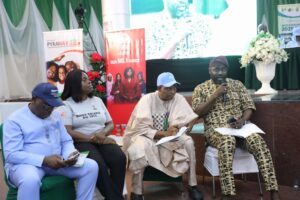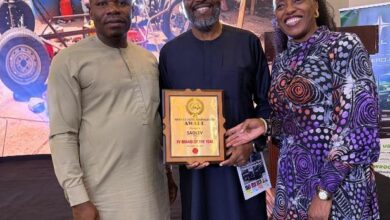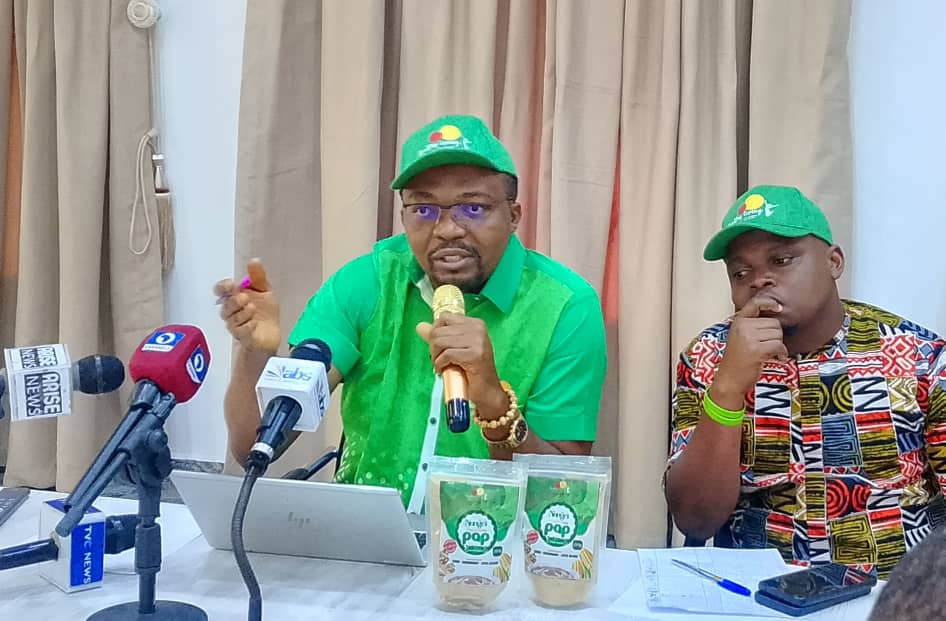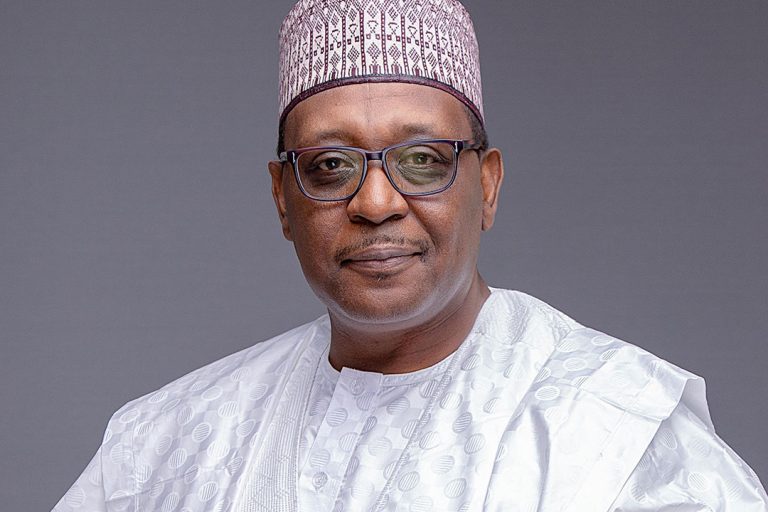
By Fatima Saka
In a landmark effort to combat one of Nigeria’s most persistent public health threats, the Federal Government has announced the full subsidization of malaria treatment across all Primary Healthcare Centres (PHCs) in the country.
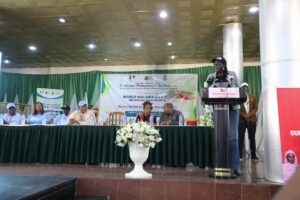
The intervention, spearheaded by the Ministry of Health and Social Welfare through the National Health Insurance Agency (NHIA), is part of a broader strategy aimed at eliminating malaria in Nigeria by the year 2030, prioritizing pregnant women, children under five, and all vulnerable Nigerians.
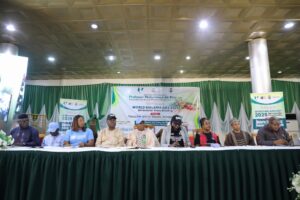

The Coordinating Minister of Health and Social Welfare, Professor Muhammad Ali Pate, made this announcement during a ministerial press briefing in Abuja to mark World Malaria Day 2025, themed “Malaria Ends With Us: Reinvest, Reimagine, Reignite.”
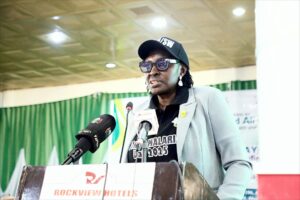
Represented by the Ministry’s Permanent Secretary, Daju Kachollom (mni), Professor Pate commiserates with families who have lost loved ones through malaria, “It couldn’t have been easy for the families who have lost loved ones.” Noting that the persistent burden malaria poses and acknowledged the devastating impact the disease has had on Nigerian families.
He emphasized Climate change, insecurity, and humanitarian crises continue to pose barriers to malaria elimination.
Speaking on progress and challenges, Professor Pate highlighted Nigeria’s progress, stating that malaria cases have declined by 20% and deaths by 25% since 2010. However, he acknowledged that the country must double its efforts. “Our strategies are working, but we must sustain momentum and strengthen partnerships, especially with the private sector,” he said, referencing the End Malaria Council chaired by philanthropist Aliko Dangote.
He also reflected on the significance of April 25th, marking 25 years since the Abuja Declaration, where African leaders pledged collective action against malaria.
Highlighting on the shared responsibility, Professor Pate called on every Nigerian to take ownership of malaria prevention. “Sleep under treated nets, get tested before taking antimalarial drugs, and keep your environment clean. The fight against malaria is not just the government’s fight, it’s everyone’s fight.”
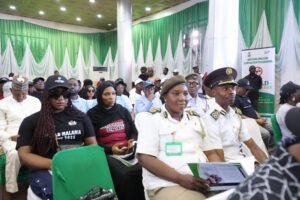
He ended with a message of gratitude and urgency: “To our partners, the media, and the people of Nigeria, thank you. But let us not stop. Let us rise with renewed determination. Because together, we can end malaria once and for all.”
Giving Shocking Statistics and Renewed Commitment, Minister of State for Health, Dr. Iziaq Adekunle Salako, presented sobering data from the 2024 World Malaria Report: Nigeria accounts for 27% of global malaria cases and 31% of global malaria deaths.

Scaling Up Interventions, Dr. Salako outlined multiple strategies, such as:
Distribution of insecticide-treated nets in 12 states.
Seasonal malaria chemoprevention in 31 states targeting over 30 million children.
Introduction of advanced malaria diagnostic and treatment services nationwide.
Use of a strengthened supply chain to ensure medicine availability.
Implementation of two national malaria surveys for evidence-based interventions.
He also addressed recent funding gaps caused by the freeze in USAID-supported malaria activities, assuring Nigerians that the Federal Government has made emergency provisions to fill these gaps.
Salako emphasized that no Nigerian state would be left behind, especially those affected by disruptions in USAID-funded malaria programs. “The federal government has bridged the funding gap through emergency procurement to ensure commodities like ACTs, rapid diagnostic test kits, and injectable treatments remain available.”
“Tracking Progress Through National Surveys,Two major national surveys, the Rapid Impact Assessment and the Malaria Indicator Survey (MIS),will be conducted in 2025. These tools will evaluate the effectiveness of current interventions and provide data to inform future planning.
“The Rapid Impact Assessment offers short-term insights, while the MIS gives a broader view of malaria prevalence and distribution,” said Dr. Salako.
Speaking on WHO commends Nigeria’s progress, WHO Country Representative, Dr. Walter Kazadi Mulombo (represented by Dr. Lynda Ozor), praised Nigeria for averting nearly 170 million malaria cases and thousands of deaths over the past two decades. However, he warned that progress is stalling due to climate change, drug resistance, and funding shortfalls. “Reducing malaria by 90% by 2030 could significantly boost Nigeria’s GDP,” he noted.
Call to Action
Kolawole, Chair of the Malaria Technical Working Group, urged for stronger political and social resolve: “We must ensure our children don’t inherit the same malaria battle we’ve fought for decades.”
AGF Dismissed Forgery Case Against AMAC Chairman, Lawyer Tells Court
Amobi Godwin Ogah, Chairman of the House Committee on HIV, Tuberculosis, Depression and Malaria Control (represented by Hon. Isa Dogonyaro), reaffirmed legislative support for the National Malaria Strategic Plan, aiming for a malaria-free Nigeria.
However, the event ended with multisectoral collaboration, a roundtable featuring representatives from the Ministries of Agriculture, Environment, Education, Innovation, and Defense. Discussions centered on intersectoral strategies and technology-driven efforts to combat malaria.
